寻找适合你的 英语 教师…
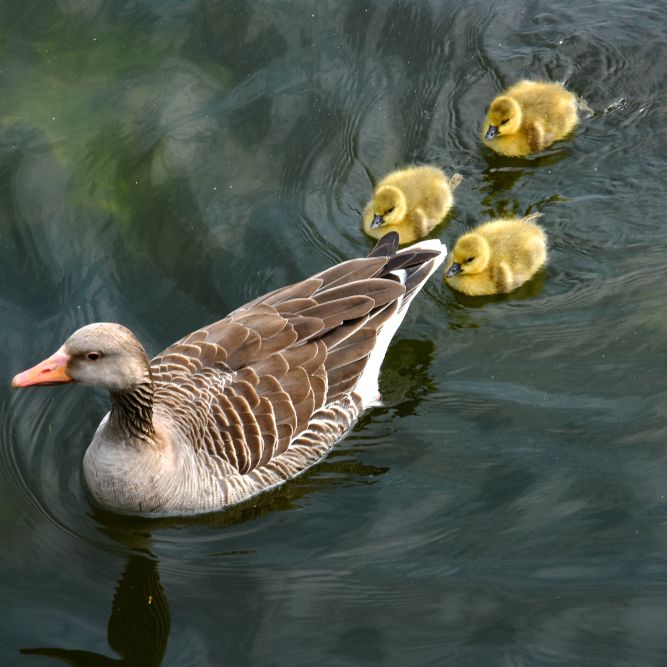
What comes after a verb? "To do", "do," or "doing"? (Part 2)
描述
Students regularly ask me, "How do I know what comes after a verb?" If a verb takes another verb as a complement, it is usually either a full infinitive or a gerund (e.g., "to do" or "doing"). Bare infinitives (e.g., "do") can only be complements for a small number of verbs, but these verbs are very common. In this article, I take a look at some verbs that take bare infinitives as complements.
To access the full text of this podcast, please go to https://www.difficultenglishexplained.com/what-comes-after-verb-2/.
Be sure that you read the first post in this series! You can find it at: https://www.difficultenglishexplained.com/what-comes-after-a-verb-to-do-do-or-doing-part-1/
播客频道
Difficult English Explained
播客创作者
所有播客集
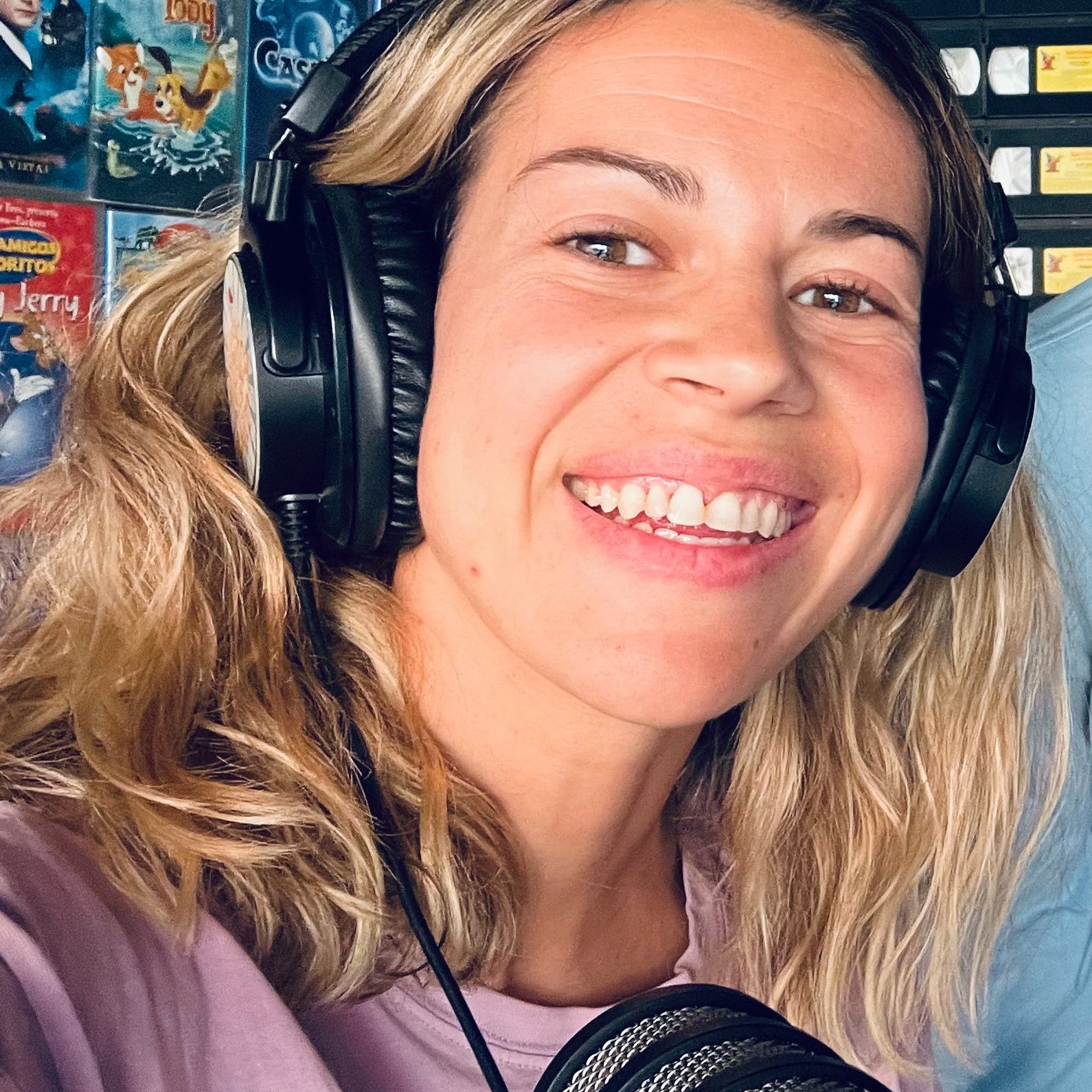
Expresiones en español

ママ友のランチ会 "Mama tomo's lunch party"
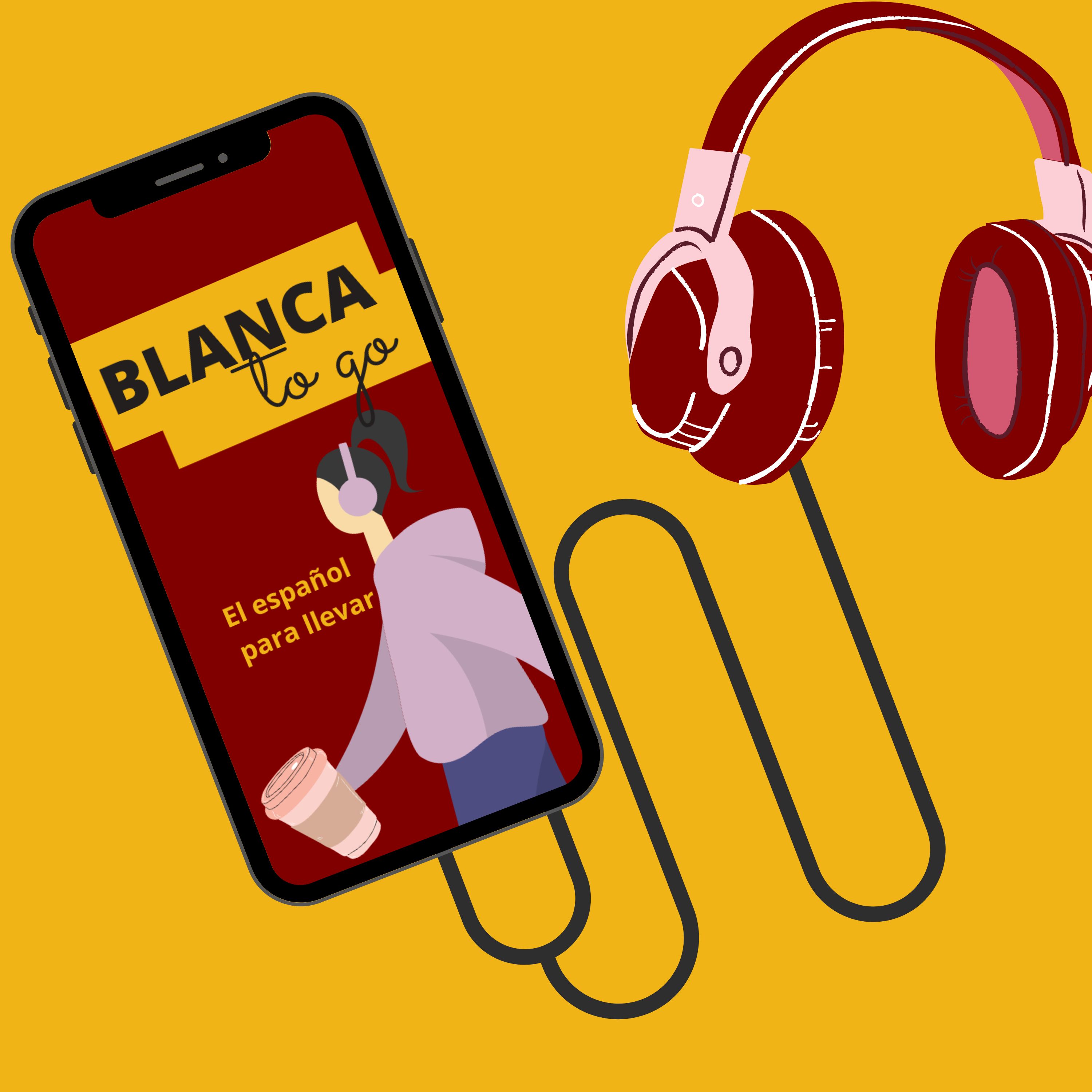
42 – tipos de viajeros
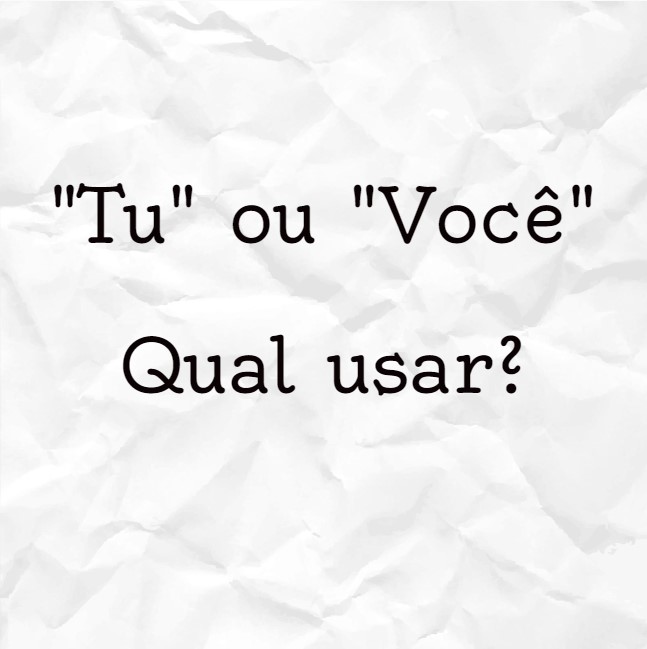
"Tu" ou "você" — Qual usar no Brasil?

中文的“打开”,一个词,两种用法!One Chinese Word Does TWO Jobs! (“Open a Book” vs. “Turn on TV”)
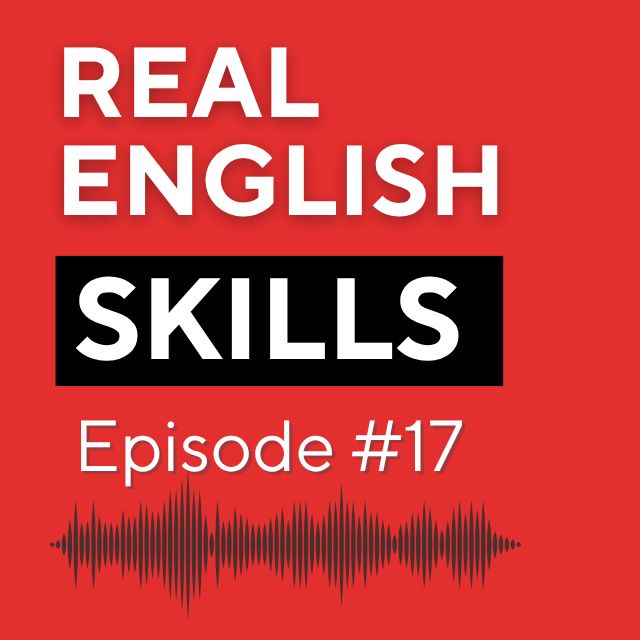
Why Your English Feels Stuck (And What to Do)

EP 2. EL POPOL VUH
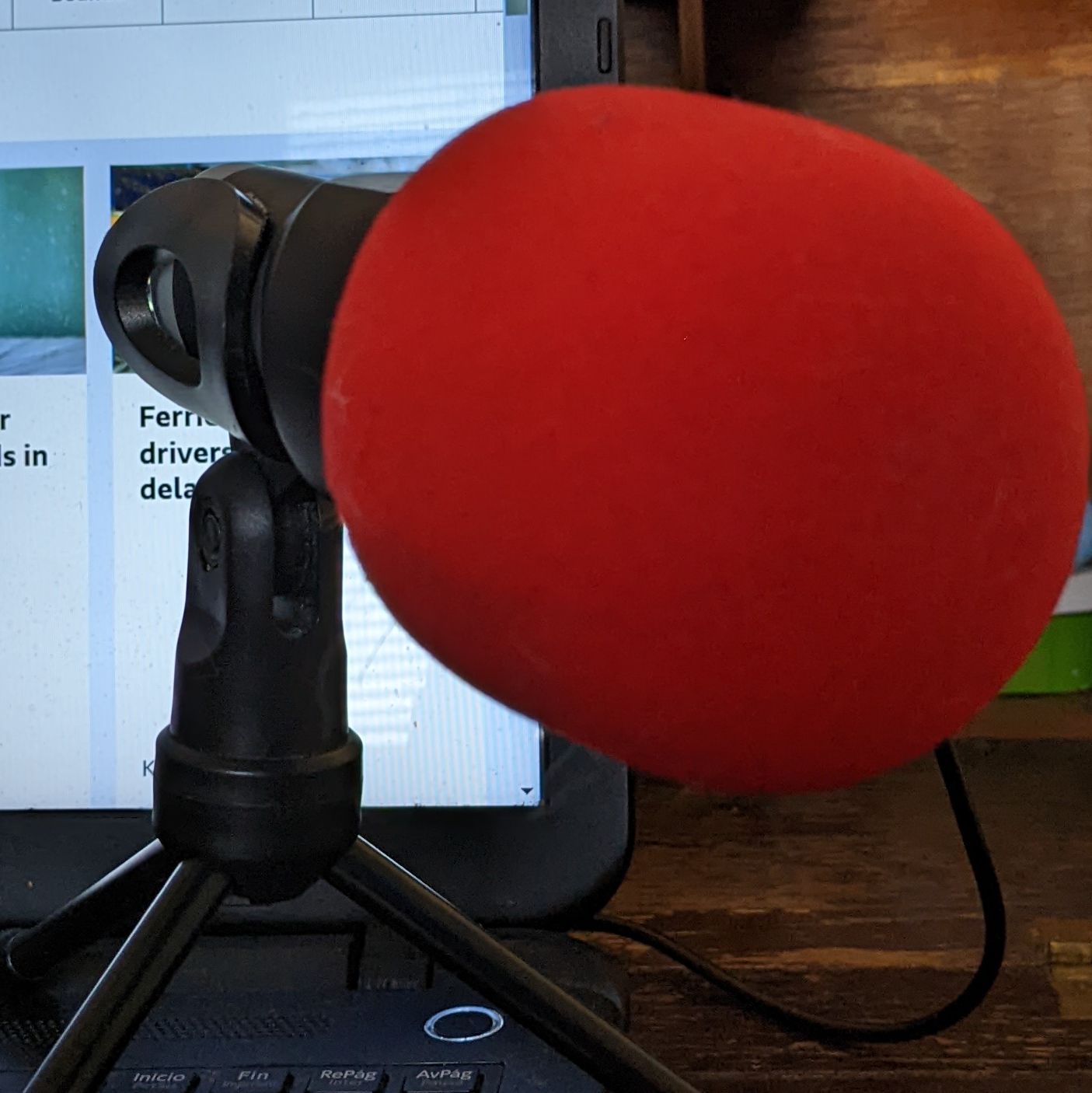
Written in the Stars (with transcript)
热门播客集

¡Aprende con Lau!
Expresiones en español

やさしい日本語(にほんご)
ママ友のランチ会 "Mama tomo's lunch party"

Blanca to go
42 – tipos de viajeros

O Jeitinho Brasileiro
"Tu" ou "você" — Qual usar no Brasil?

中文漫游指南 (The Chinese Explorer’s Guide)
中文的“打开”,一个词,两种用法!One Chinese Word Does TWO Jobs! (“Open a Book” vs. “Turn on TV”)

Real English Skills
Why Your English Feels Stuck (And What to Do)

𝐑𝐞𝐚𝐝 𝐮𝐧 𝐫𝐚𝐭𝐢𝐜𝐨 𝐩𝐨𝐝𝐜𝐚𝐬𝐭 ⌚🎤
EP 2. EL POPOL VUH

Teacher Joseph's Podcast
Written in the Stars (with transcript)